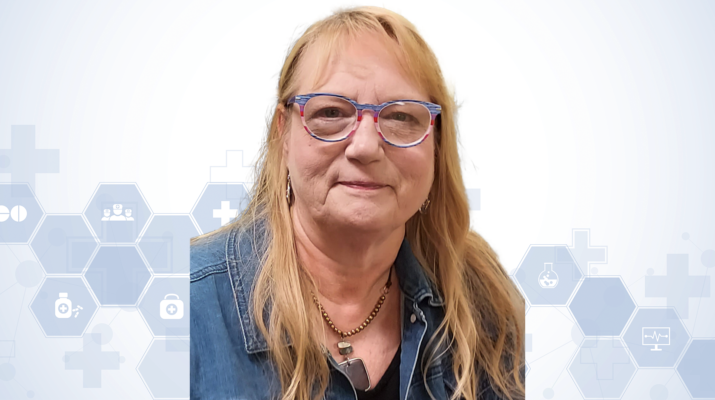By David Podos
Director of Utica-based Empowered Pathways discusses how the agency helps women to return to the workforce, and how it helps people in the going through the court system
Q: What are the main services the agency provides?
A: Sure, well first off, we are two agencies that came together, the Women’s Resource Center on one side and with that program what we do is help women get back into the workforce, most of the women that we serve are below the poverty line. Many are trying to transition from public assistance to employment, who need a lot of training, guidance and mentoring.
Q: So, what are the specific skills that you are teaching these women that can help them in their quest to become gainfully employed?
A: We do everything from how to apply for applications online, and many people have difficulty with this process, we teach basic computer skills, as well as how to write a cover letter and how to construct a resume. Mock interview training with our clients is an important skill set that we teach so they are prepared once in front of a prospective employer.
Q: What agency is on the other side and what services do you provide?
A: On the other side we have Community Dispute Resolution Center. Both of these agencies, The Women’s Resource Center as well as the Resolution Center come under the umbrella of Empowered Pathways. The Resolution Center is funded by the New York State Unified Court System to help individuals, particularly those going through the court system but it is much more expanded than that. So, our main focus is to help to settle their disputes in a peaceful manner outside of the court room. By settling disputes outside the court, we save the courts time and money as well as getting people to sit down and talk to one another.
Q: Can you give me some specific examples of what these court cases are?
A: Well, there are a wide range of cases we work with but some of the more common ones are between landlord and tenant cases or neighbor disputes. It could be that you needed work on your house but the work provided was not up to standard or you had car repairs and the mechanic did not do the proper work for the money they charged. Often times these issues are between people who know one another and are friends. The dispute can damage a long-time friendship causing much emotional stress. So, we step in, try to solve the problem and in so doing we can often times help repair that relationship as well as settle the disputes for both parties.
Q: What about young adults who might have chosen an unlawful path to follow? What can mediation do for them?
A: We do parent teen mediation as well as grandparent teen mediation. Our staff is trained in restorative practices and restorative circles. For instance, if a teen has harmed another family member (and this is not always physical harm). For example, it can be that a teen has stolen money from a family member or they are using drugs in the house and will not stop or it could be that they suddenly stopped going to school. We often can bring the family together for a team meeting where all sides are heard to come up with a plan to help everyone and solve any issues.
Q: I’m assuming that your team frequently deals with what we would call “really bad” cases where there has been severe emotional damage within the family where a mediation is desperately needed to solve problems and bring some healing to the family.
A: Yes, that is true. But I want to be clear on this — what we do is not a replacement for family counseling. Rather what we provide is an addition or adjunct to family counseling.
Q: Are there any other services/programs you provide?
A: Yes, we do, it is called Surrogate Decision-Making Committee Program. This program helps make medical decisions for people who have intellectual disabilities, who don’t have the capacity to make those decisions on their own. This program is a volunteer-based operation.
Q: How many staff do you have?
A: We have a total of eight staff, seven full-time, one part-time. In addition, we have a volunteer pool of 15 certified mediators.
Q: What is your annual operational budget?
A: It’s about $500,000.
Q: Where does Empowered Pathways receive funding from?
A: We receive funding from several sources. New York State Unified Court System is where we receive most of our funding from. We also receive money from the New York State Department of Labor, as well as funding from Oneida County.
To contact Empowered Pathways, call-315-724-1718 or visit EmpoweredPathwaysCNY.org

